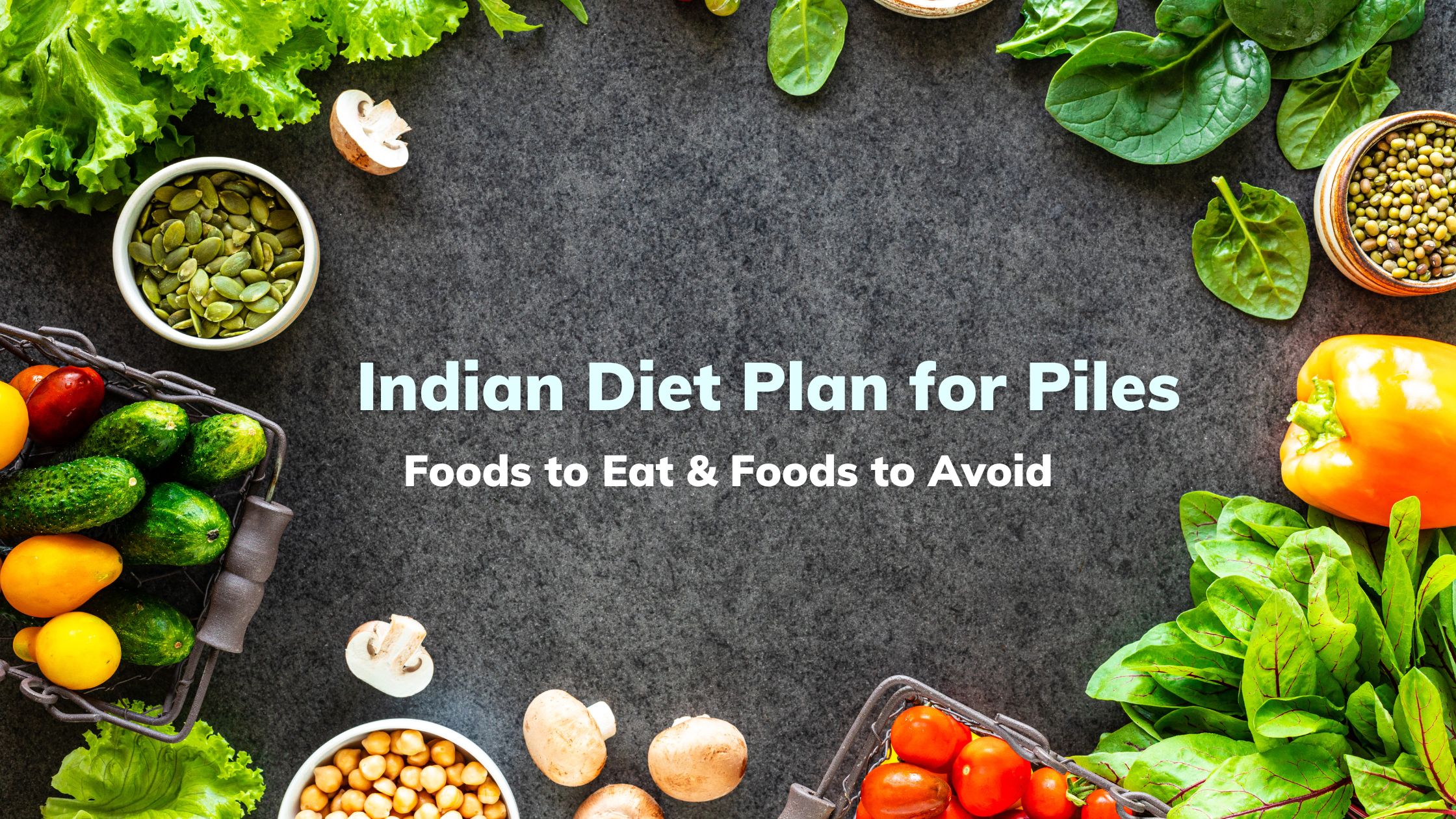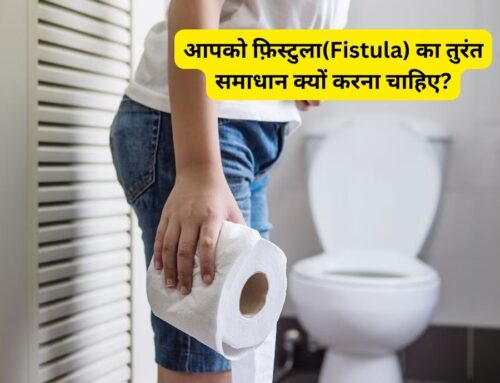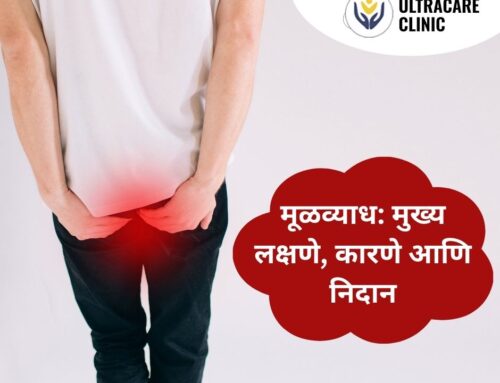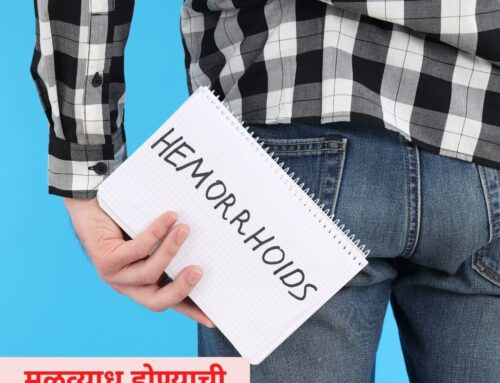Anus and lower rectal hemorrhoids are irritated and enlarged blood vessels that form piles. Piles may occur for a variety of reasons. The most common is excessive pressure on the veins in the lower rectum and anus.
Listed below are a few everyday diet plans for piles that might contribute to the development of piles. Some of the symptoms of piles include a painful mass around the anus, difficult bowel movements, painless bowel bleeding, and itching or irritation in the anal area.
The Best Diet to Prevent and Treat Piles
Indian diet for piles is to decrease straining during bowel movements and avoid future difficulties connected with piles, which is the major purpose of this diet. Fiber-rich diets help prevent and cure piles by increasing the size of stools and encouraging regular bowel movements in those who are predisposed to them.
Pile-friendly cuisine includes the following: Fresh Fruits and Vegetables, Curd, Buttermilk, Sprouts, and Whole Grain Products. If you’re suffering from bloating or constipation due to a lack of fibre, go for whole grains like whole-grain flour or multigrain bread. The high fibre content of these meals helps to bulk up the stool and facilitates regular bowel movements.
Fibers, vitamins, and minerals may all be found in fresh fruits, particularly in their skins. A healthy digestive system and regular bowel movements may be achieved by regularly consuming fruits, including apples, grapes, bananas, and oranges.
Prebiotics, vitamin C, protein and calcium-rich sprouts are excellent sources of these nutrients. Sprouts are an excellent diet for treating piles because of their high concentration of these nutrients.
Constipation may be eased with a daily serving of steamed or boiling sprouts. Raw sprouts, on the other hand, should be avoided since they might exacerbate the symptoms of piles.
What to Avoid
In order to prevent or alleviate symptoms of existing piles, it is recommended that one avoids the following foods.
- Carbohydrate and fat-rich foods are dangerous.
- eggs, fish, and meat
- Coffee, tea, and other caffeinated foods
- Alcohol
- Foods with a high heat level
Conclusion
If you are looking for a doctor for treating piles, get in touch with Dr. AbhijitGotkhinde, Ultra Care Clinic, piles specialist in Pune.




